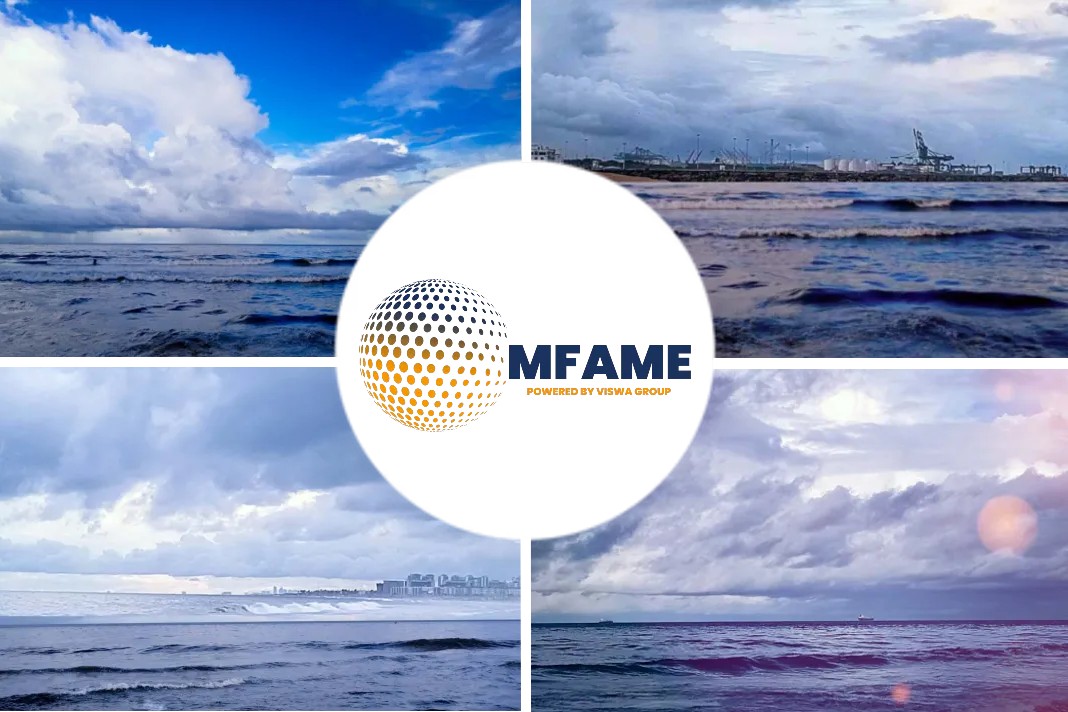- Several owners and operators of Republic of the Marshall Islands (RMI) flagged vessels are looking at innovative ways to power their ships.
- BW LPG is in the midst of a significant project to convert 15 of its very large gas carriers (VLGCs) to be powered by both LPG and traditional fuel oil.
- The RMI Registry’s Gas Team, with technical experts located globally, is collaborating with BW LPG on this project.
A recent news article published in the International Registries reveals about World’s First Fleet of Dual-Fuel LPG Powered Ships.
2015-built BW GEMINI
The first vessel to be converted under this project, the 2015-built BW GEMINI, successfully completed its sea trials and sailed across the Pacific in November 2020.
Work was undertaken in Yiu Lian Shipyard in Shenzhen, China and included the installation of two 900 cubic meter (cbm) deck tanks each weighing 89 tons and storing LPG aboard.
Each of the 35 meter (m) long tanks is made of low temperature steel with a thick insulation material all around.
First RMI flagged vessel
The conversion of the remaining vessels is currently underway, with all conversions expecting completion in early 2022.
The 2016-built BW BALDER is the first RMI flagged vessel to complete the retrofitting. It is also the first vessel to undergo the world’s first LPG bunkering operation at sea.
BW BALDER has recently received LPG bunker via ship-to-ship transfer (STS) with LPG carrier BW EPIC ST. MARTIN.
Its successful completion is a demonstration that the industry has the right infrastructure and technical expertise for LPG to be a mainstream marine fuel.
Importance of LPG
LPG is considered a clean fuel, and according to research by engine manufacturer MAN PrimeServe, reduces sulphur oxide (SOx) emissions by 99%, carbon dioxide (CO2) emissions by 15%, nitrogen oxide (NOx) emissions by 10%, and particulate matter by 90% when compared to fuel oil.
The use of LPG as a fuel also eliminates methane slip in the engine exhaust.
LPG as a marine fuel
LPG as a marine fuel offers efficiency gains on many fronts.
Results from the first retrofit indicate output efficiencies rise by around 10% against fuel oil, which BW LPG notes will in turn generate notable gains in total voyage fuel-economics, and secure LPG’s position as a long-term, sustainable marine fuel.
The same technology may be applied in powering other types of ships and can contribute to the International Maritime Organization’s target of a 50% reduction in greenhouse gas emissions from marine transportation.
BW LPG ships’ engines
Powered by LPG, BW LPG ships’ engines are cleaner, cheaper to maintain, and are more efficient. An important element of the project was the decision to retrofit rather than newbuild, which further reduced overall carbon emissions.
Pontus Berg, Executive Vice President, Technical and Operations, BW LPG, commented on the project in earlier interviews:
“Retrofitting allows us to minimize our carbon footprint – the process emits up to 97% less carbon dioxide compared to a newbuilding construction. Retrofitting also means that we do not add additional tonnage that the world does not need. In addition, BW LPG’s fleet is already widely recognized amongst charterers for its efficiency, and so retrofitting its vessels to dual-fuel LPG would help to further reinforce the company’s strong reputation in this area.”
The RMI Registry
The RMI Registry is delighted to support this project. Collaborating with Recognized Organizations and local shipyards, the Registry’s Gas Team was able to address, inform, and advise on the project, creating a platform for other innovative energy projects in the future.
The RMI Registry, with the world’s youngest and greenest fleet, supports a wide variety of advanced technology projects worldwide.
Did you subscribe to our daily newsletter?
It’s Free! Click here to Subscribe!
Source: International Registries

















